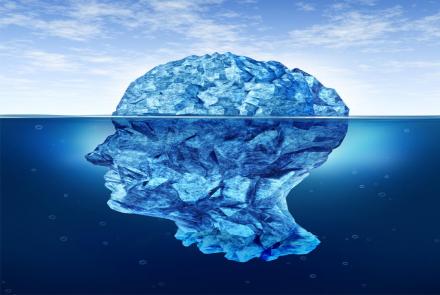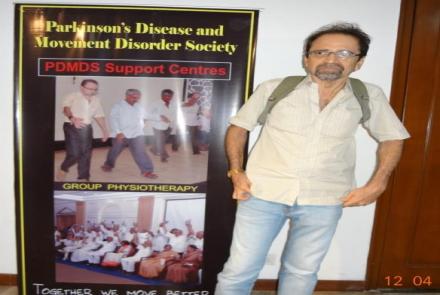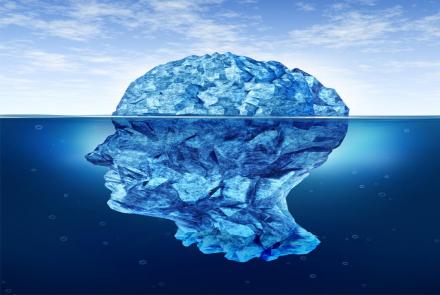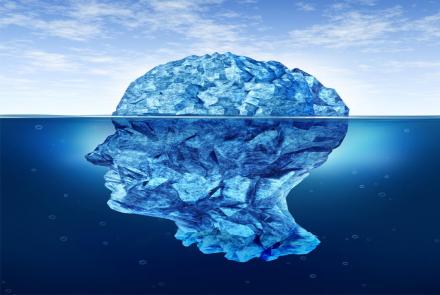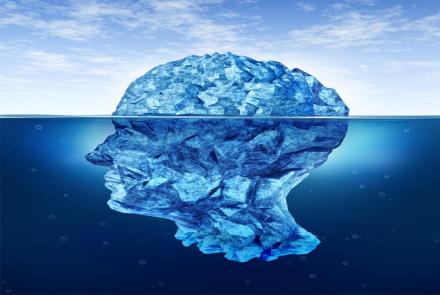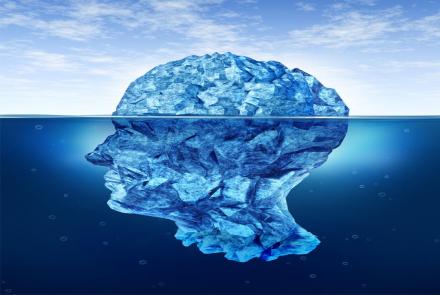
Dental needs become increasingly specialized with age, making regular visits to the dentist even more important. Dr Shail Jaggi highlights some common gum and teeth problems that could become burdensome, if ignored.
When we think of an elderly patient the first vision that generally tends to flash by is someone with greying hair, stooping and bent over with age, thick glasses and a denture to eat!
But let’s take a quick look at my office! I am dentist and deal with geriatric patients all the time. The geriatric or the elderly lot I see are sharply dressed, very fit, wearing rimless glasses and no dentures! Nice looking perfectly aligned beautiful teeth. Such a paradigm shift. Today Geriatric Dentistry (The branch of dentistry dealing with patients over the age of 60) form a huge part of my practice.
My older lot of patients are my favorite people. They are patient, are never rushed have the time to spend and full of good advice.Treating them and spending time with them is totally pleasurable.
Dentistry is getting younger by the day. The best treatment options for them range from basic dental care to advanced dental care involving Veneers, Tooth Whitening , Implants, Advanced Restorative work. There are some situations that need to be dealt with a little differently with geriatric patients as compared to younger patients. These conditions can however be dealt with quite effectively with additional care, help and diagnosis.
Dental Cavities
As age advances, there may be a sudden rise in fresh dental cavities. Older patients are prone to a condition called ‘Dry Mouth’. This condition is associated with decreased salivary flow and may lead to increased instance of cavities or decay.
Though Dry Mouth is a normal part of aging, it is also associated as a side effect with a large number of medication the patient may be taking. Including those for allergies or asthma, high blood pressure, high cholesterol, pain, anxiety or depression, Parkinson’s and Alzheimer’s diseases.
Dealing with Dry Mouth
- Keep the mouth hydrated by drinking plenty of water
- Shift to an alternate medication if possible. Discuss this with your doctor.
- Chew on sugar free gum to induce salivary flow
- Over the counter oral hydration sprays are available and can easily be bought with a prescription
- Dental checkup once in 3 months to inhibit any caries
- Use of fluoride varnish or gel by the dentist to prevent or retard the cavitation
- Minimize or avoid foods and beverages that irritate dry mouths like coffee, alcohol, carbonated soft drinks, and acidic fruit juices
Related Reading: 10 Tips to Good Oral Health
Gum Diseases
This is the second most common situation that geriatric patients deal with. As age advances, the gum and bone undergo lots of changes making them more prone to infections and bone loss. Gum recession is one of the most common age related changes. It can lead to bleeding gums, pockets, food lodgment and bone loss.
Dealing with Gum Problems
It’s easy to take care with a little help. As age advances, dexterity becomes a problem and dental health suffers. The patient can be prescribed the use of a Water Jet for easy maintenance. A 3-monthly regular visit to the dentist for assisted prophylaxis and additional help. Follow up radiographs to make sure the bone loss is stable and not getting worse.
Missing Teeth
Severe bone loss can easily lead to loosening of teeth and mobility. In the earlier times using dentures was a common way to replace missing teeth. Dentures can however be extremely uncomfortable and difficult to manage and eat with.
Dealing with Missing Teeth
Implants or Implant Supported Dentures are the best way to replace missing teeth. The implants work wonderfully and mimic the natural teeth in every possible way and extremely comfortable!
Sharing Information With Your Dentist
Before starting any dental work please make sure you share all important health and medication related details with your dentist.
If you have a heart condition or artificial joints or be sure to tell your dentist. You may think it’s not relevant. After all, what do your heart and joints have to do with your teeth? But, there are conditions with a high risk of infection and an antibiotic is recommended prior to some dental procedures.
Should Any Procedures Be Avoided?
As such there are no restrictions on any dental work as long as the patient has good general health.
In case of a medical condition a complete blood work up and a no objection certificate from the physician is a must before any dental work is taken up.
In case of more serious conditions like dementia or Alzheimer’s, the patient should be capable of basic dental care and hygiene before undertaking complex dental treatment .
Today, as the quality of life is getting better and there is greater life expectancy, our geriatric patients are the entitled to superior dental care!
So Smile on and Live Life to Its Fullest!
Dr Shail Jaggi is a passionate dentist with specialisation in cosmetic dentistry and endodontics. She manages an Advanced Microscope Enhanced Practice – Dentalwiz dealing with all aspects of dentistry.




